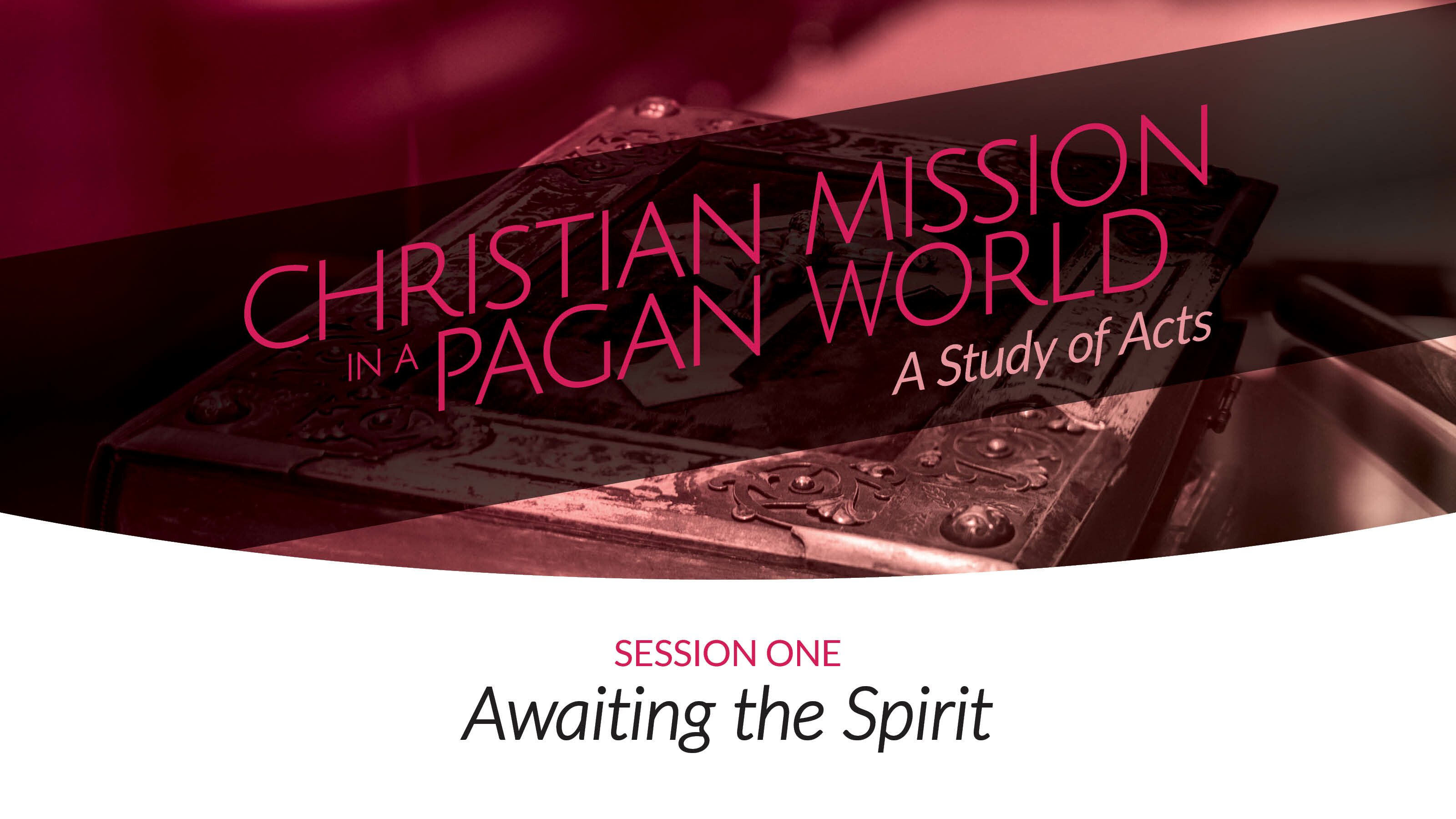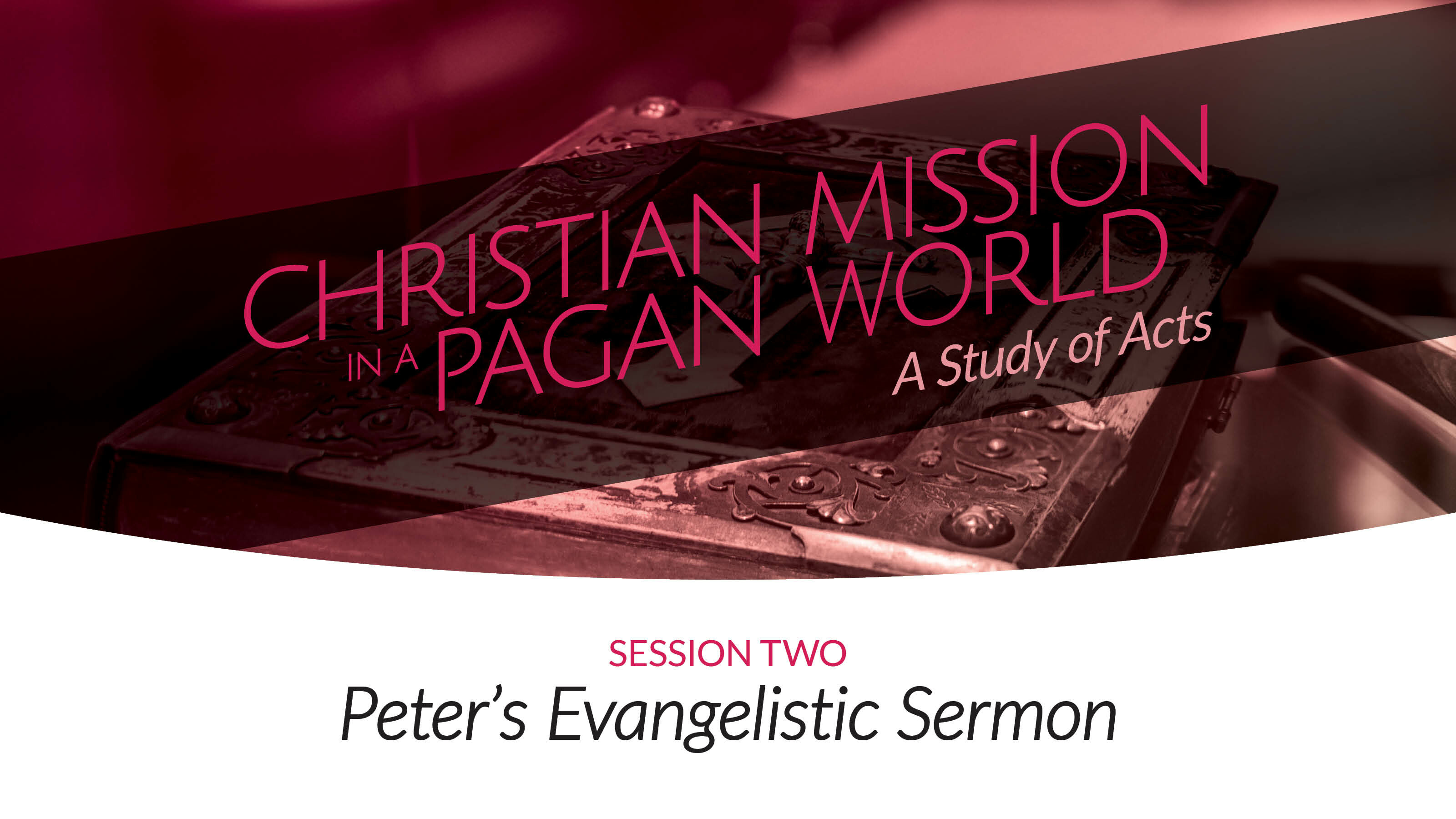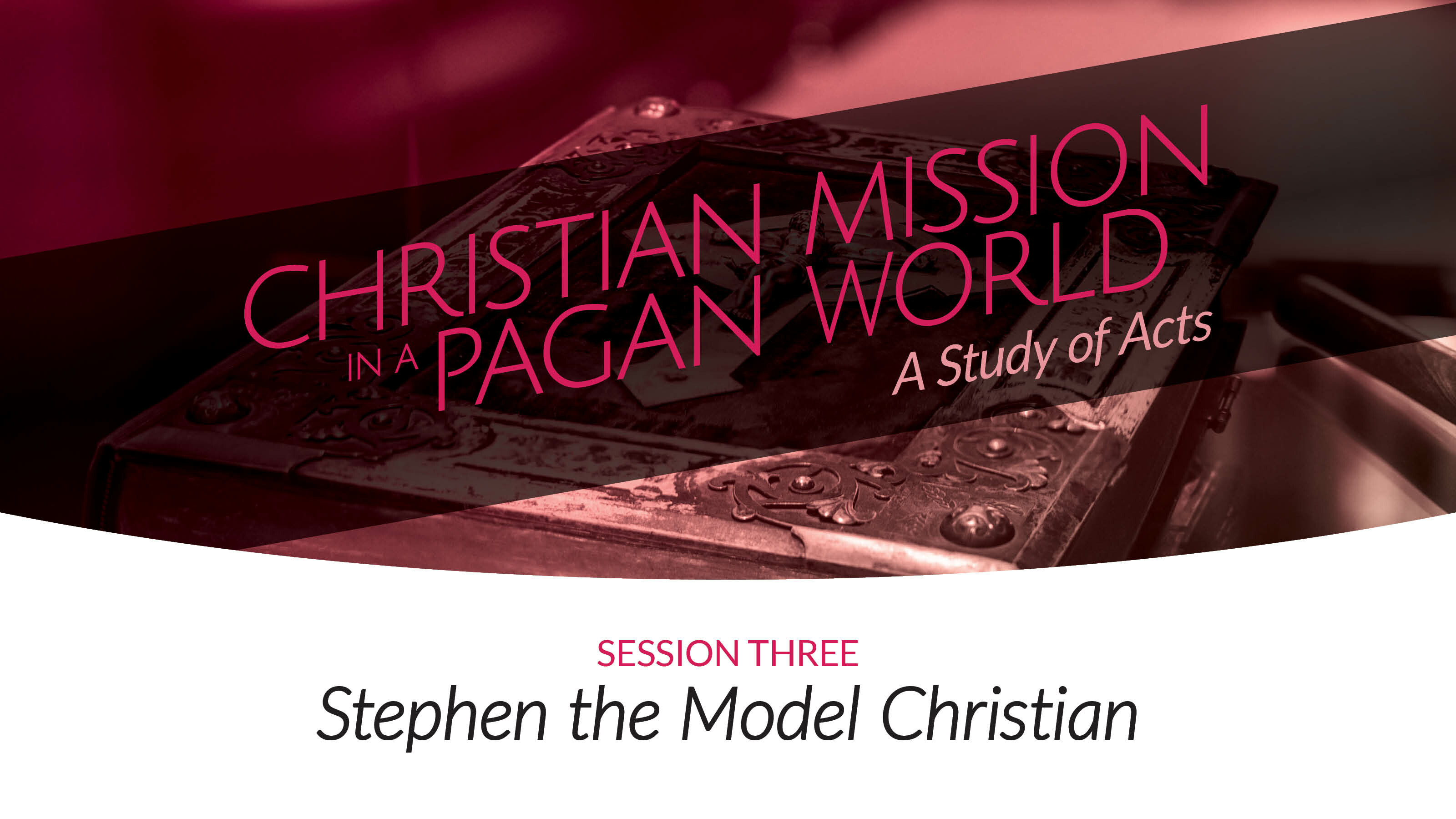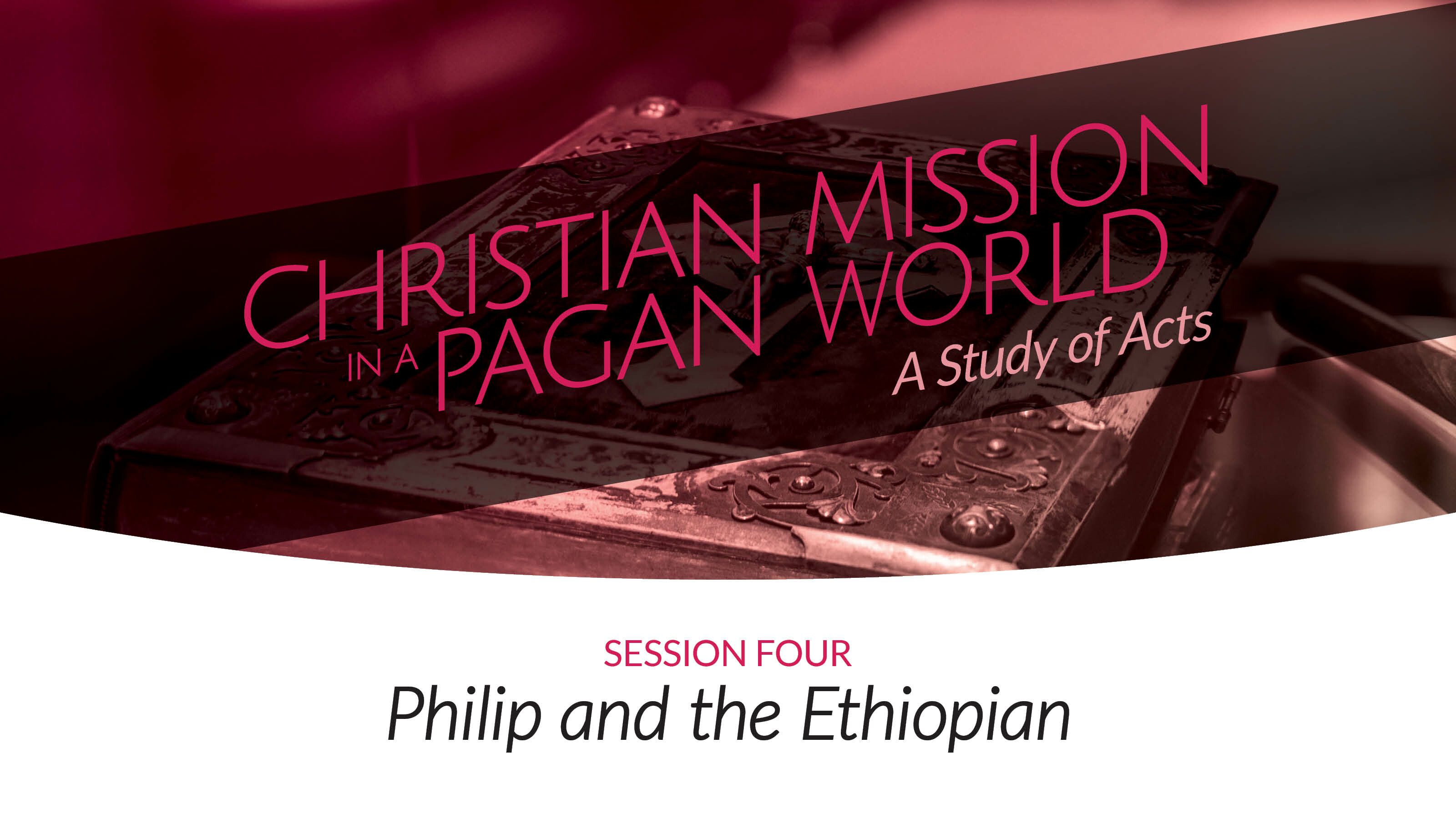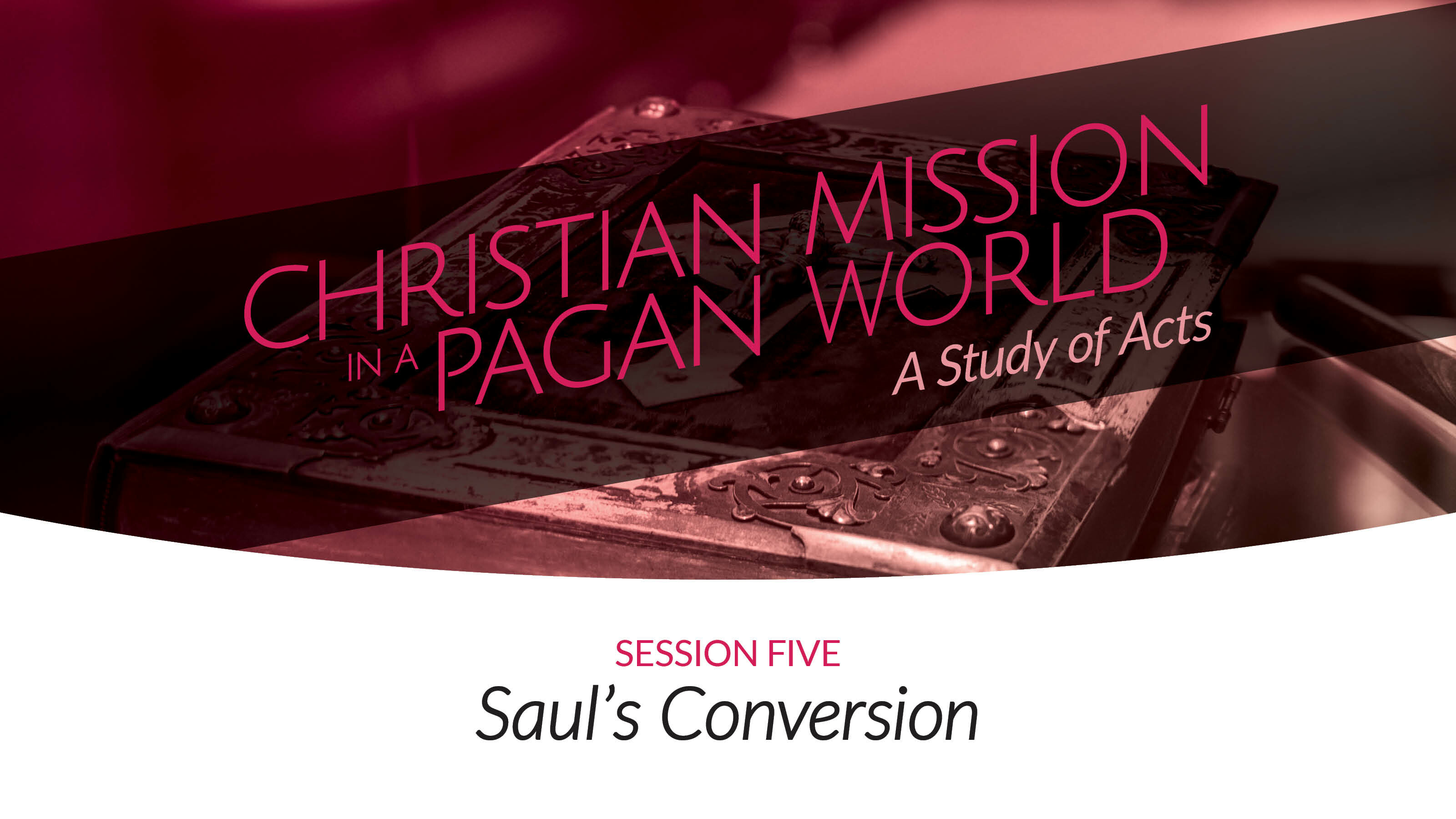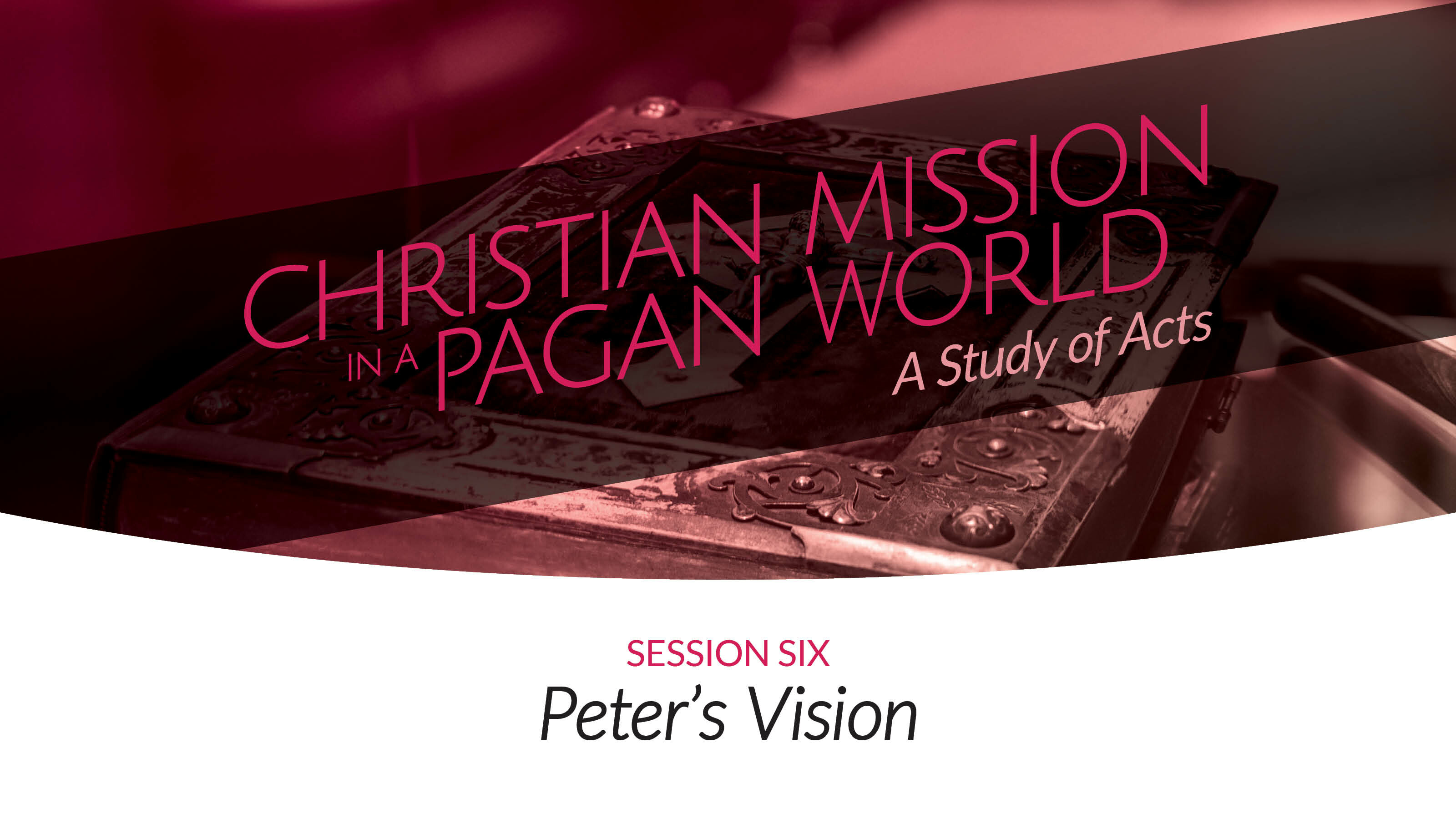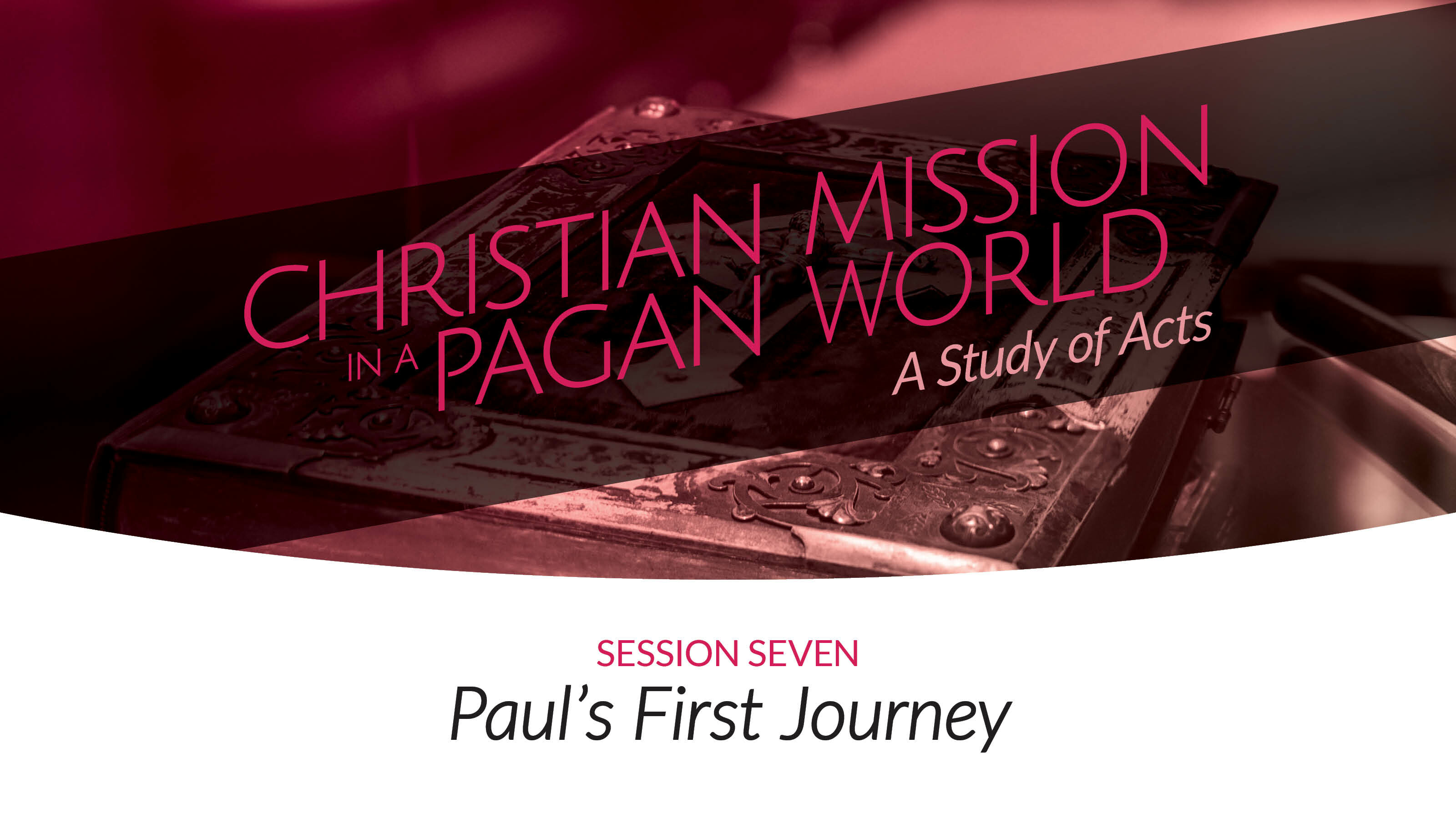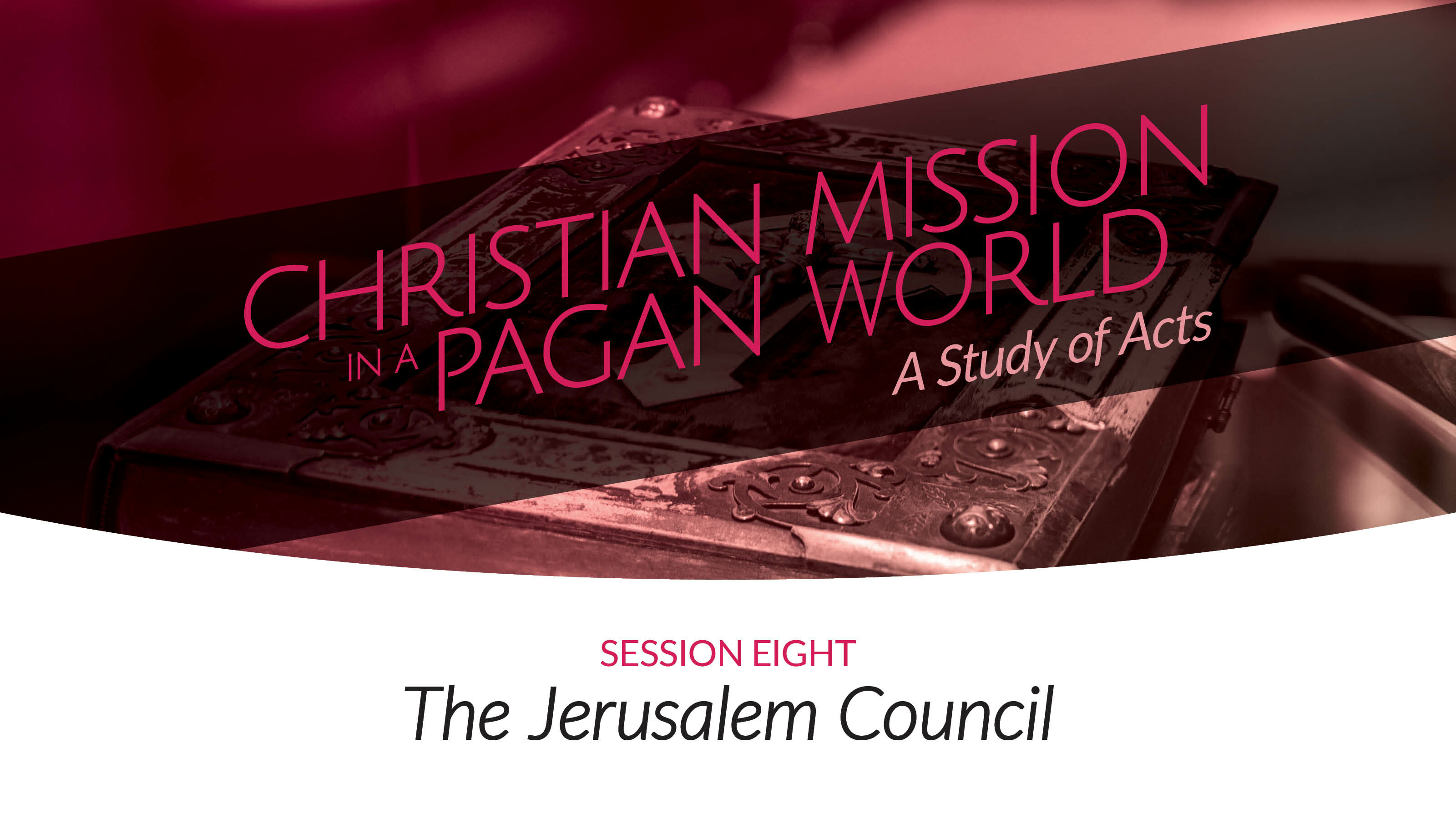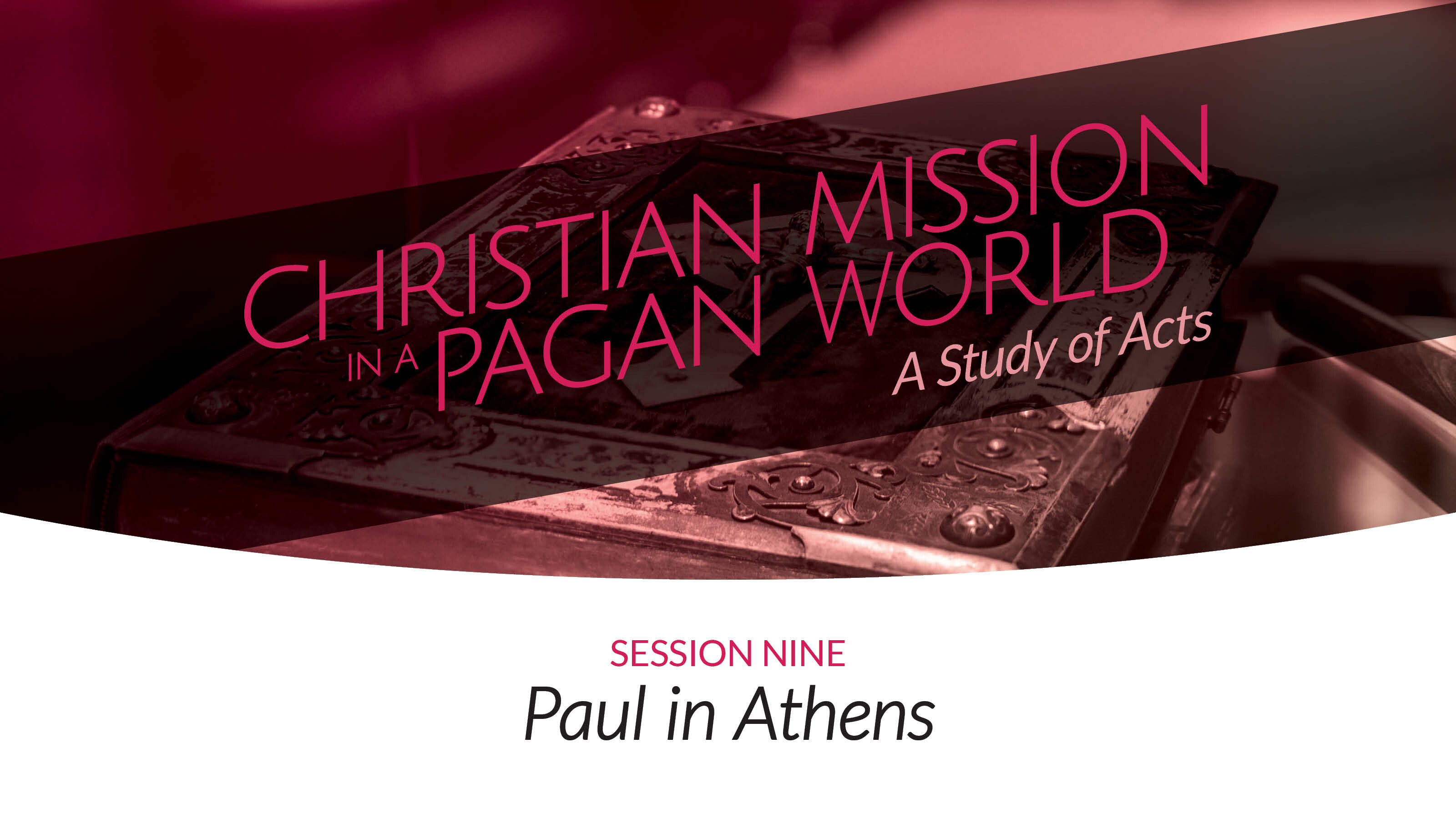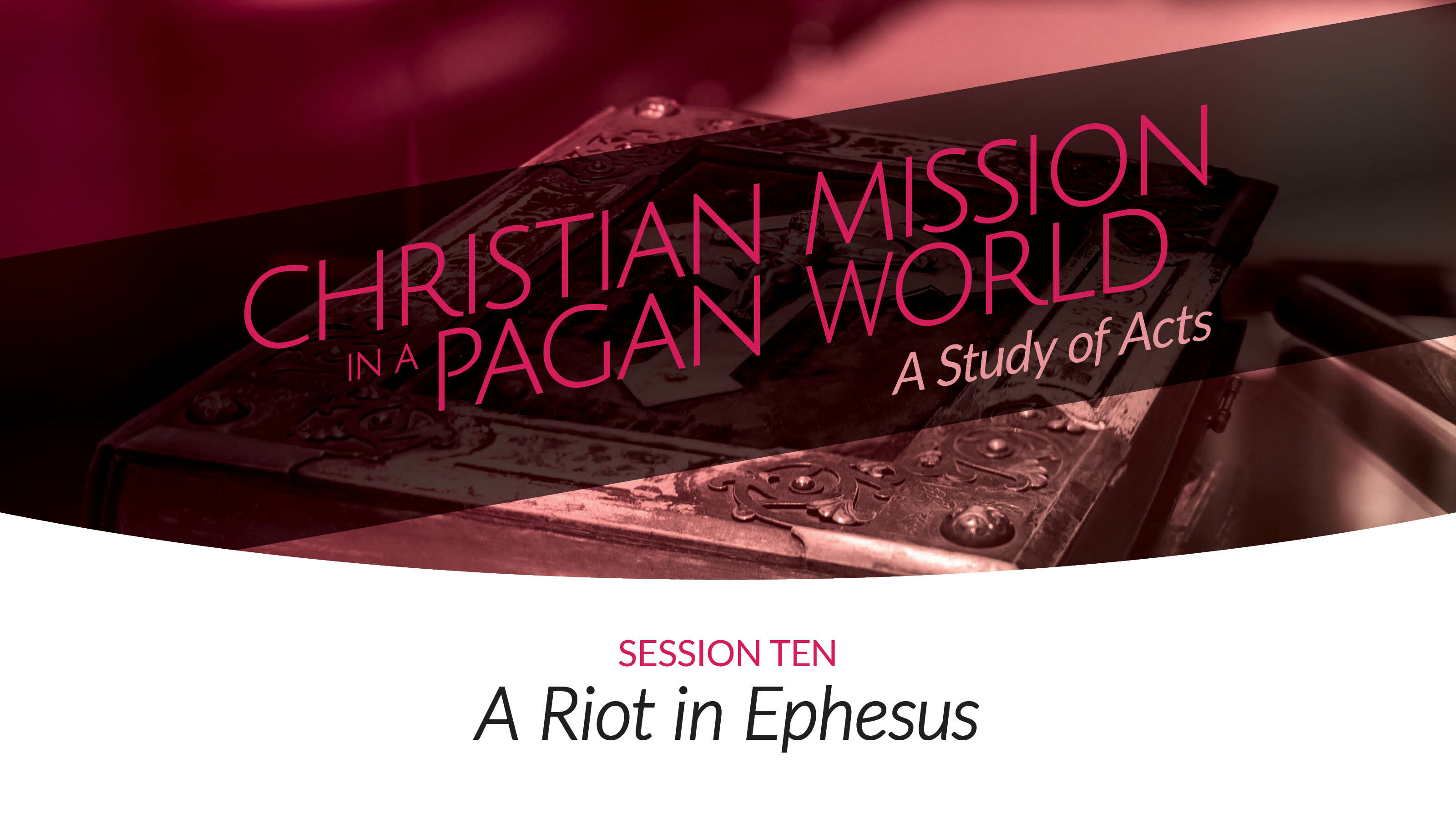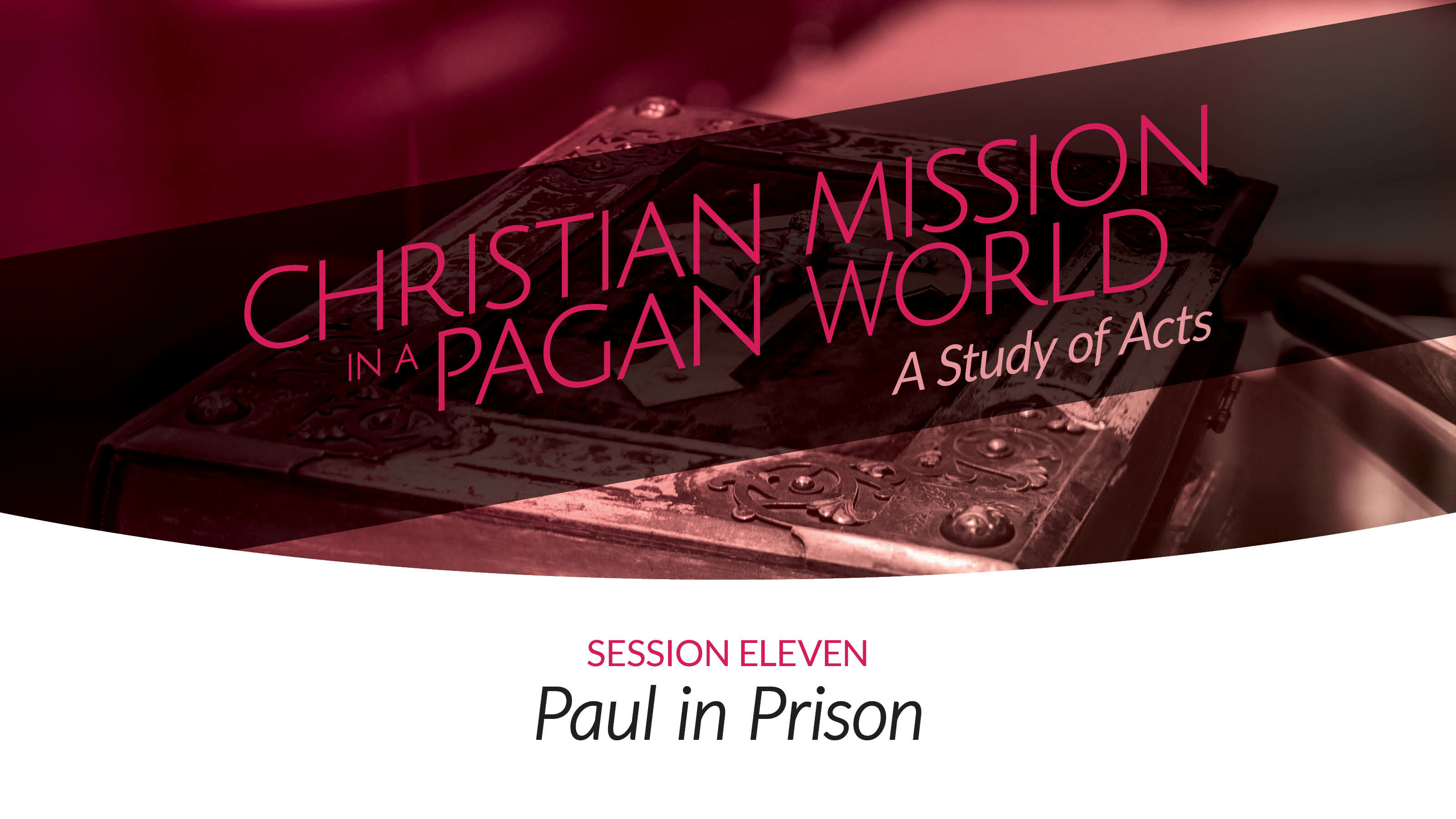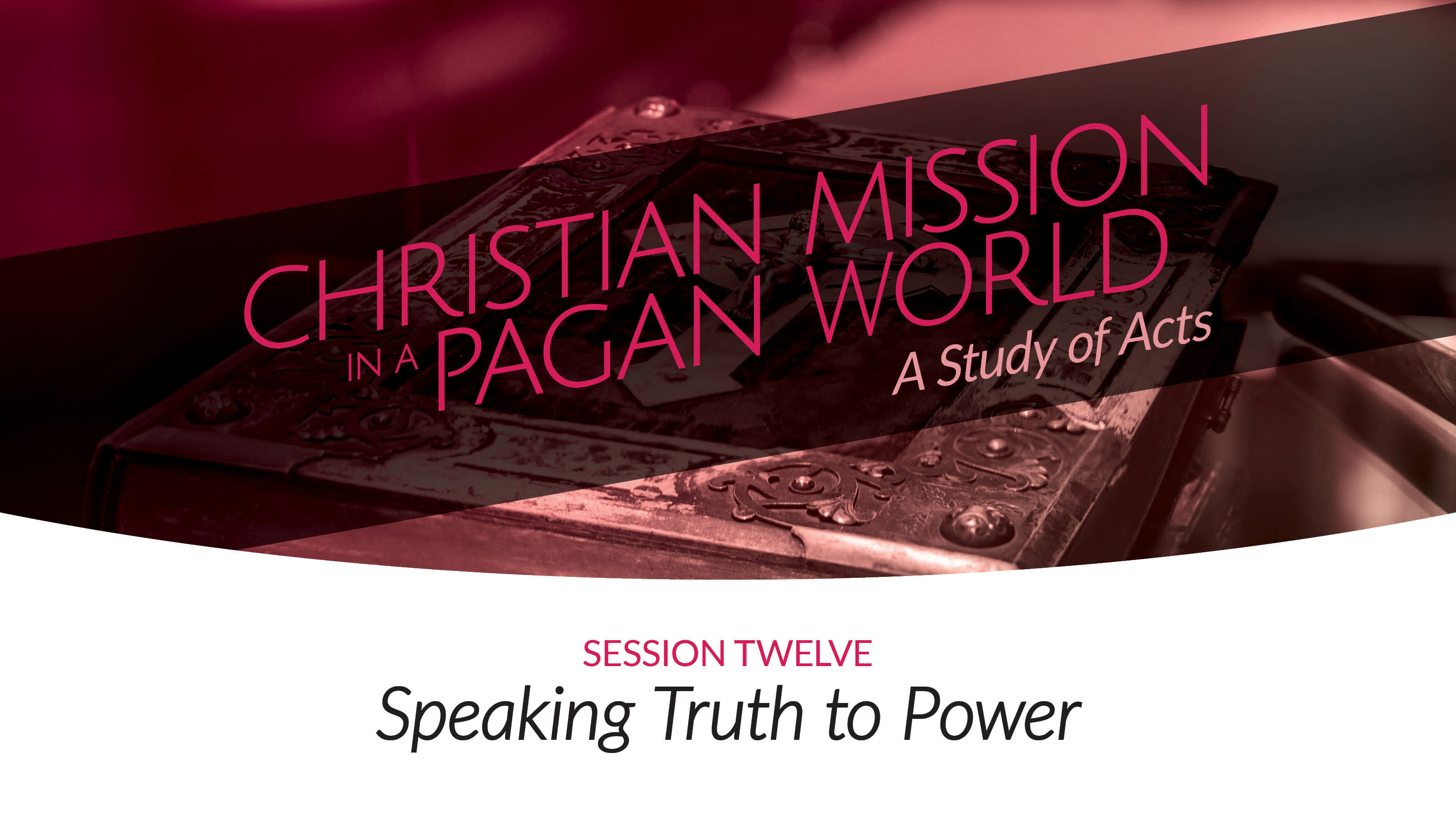Still can't find what you are looking for? Let us know how we can help.
Use the login below to access your InFellowship account.
Need an account?
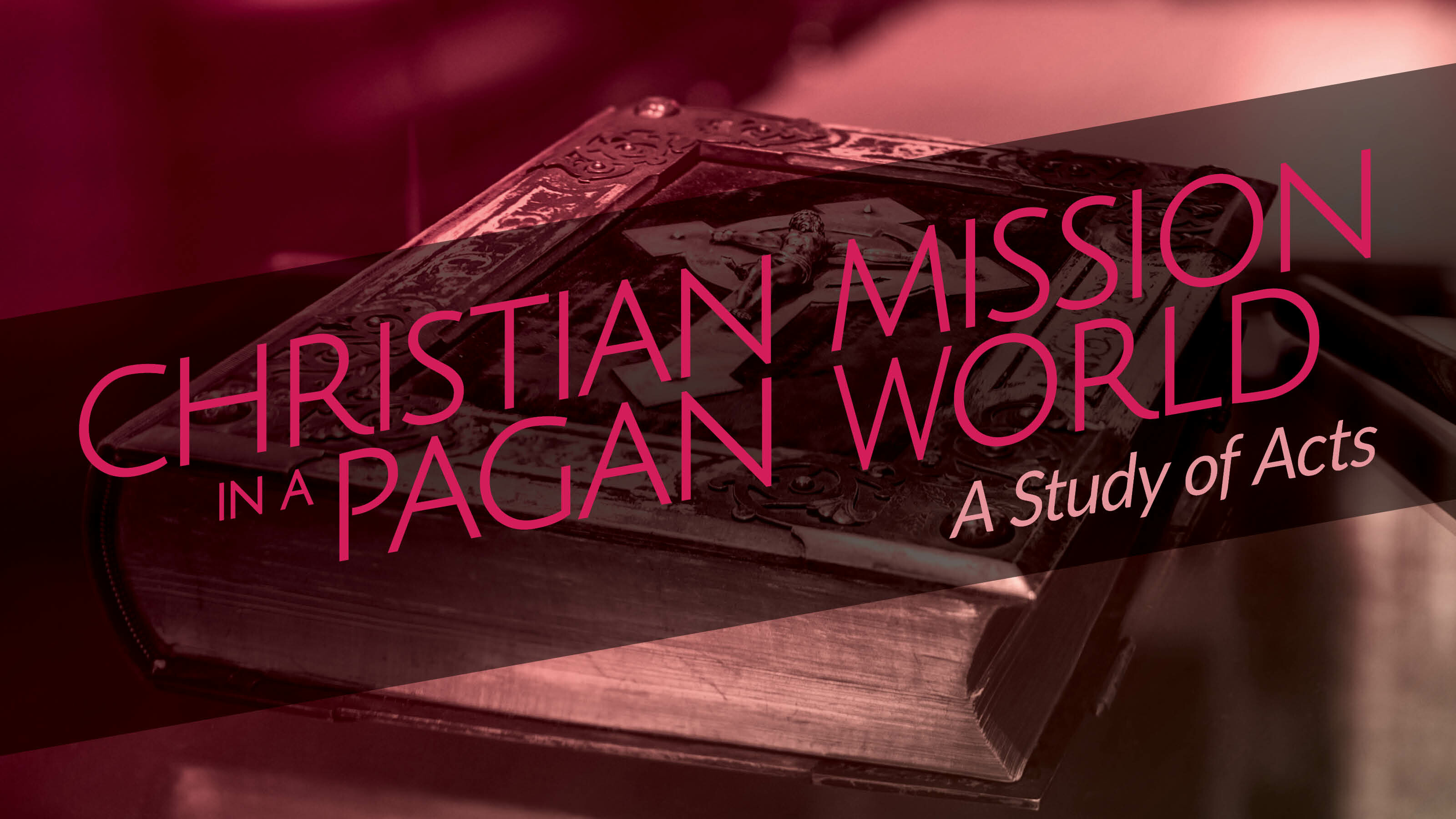
Study Description
Contemporary America, along with many parts of the modern western world, is becoming increasingly post-Christian. Some scholars and social commentators have suggested that this trend is, in fact, a revival of paganism. But this isn't the first time the Church has been called to carry out its mission in a pagan world. The Church began in precisely such a context.
The Book of Acts tells the story of the birth and expansion of the Church in a pagan world. It describes the work and words of the first missionaries who heralded the Good News and made disciples. It bears witness to the irresistible power of the Holy Spirit who guided and transformed these early Christians.
As we study the story of the Church's past, we will discover how it serves as a guidebook to the present.
Details
- Length: 12 sessions
- Teachers: The Rev. Dr. Jonathan Bailes
- Leader's Guide: Discussion questions are available for small group leaders.
Access Leader's Guide
Watch the Series
1. Awaiting the Spirit
How did a small band of Jewish believers grow into largest of all the world's religions? Acts, a book brimming with perilous journeys, political intrigue, and prison escapes, tells the inspiring story of the early church and answers fundamental questions about the church's mission, decisions, and success.
2. Peter's Evangelistic Sermon
Evangelism often carries negative connotations, but the work of telling the good news of Jesus Christ is central to our Christian calling. In Acts 2, Peter gives his first evangelistic sermon to the crowd in Jerusalem; he models for us how to evangelize the lost.
3. Stephen the Model Christian
"The blood of the martyrs is the seed of the church." In Acts 6-7, we meet an exemplary of faith, Saint Stephen, the very first Christian martyr, who embodies the call to bear witness to Jesus by imitating His service, His suffering, and His love.
4. Philip and the Ethiopian
In this session, we study the story of Philip the evangelist and focus on what his story teaches us about God's use of human witnesses in the work of evangelism and about the distinctiveness of the Christian church as a people group.
5. Saul's Conversion
There may be no more consequential conversion in all of history than that of Saul of Tarsus. He would go on to become Paul, apostle to the Gentiles and author of much of the New Testament. In this session, we ask what Luke’s account has to teach us about the gift of salvation and the work of God through His messengers.
6. Peter's Vision
In Acts 10, the apostle Peter experiences a strange vision while praying on a roof, and it forces him to fundamentally rethink the ways of God and how cross-grain our tendency is to divide up the world into the 'clean' and the 'unclean.' But God shows no partiality, and we ought not to either.
7. Paul's First Journey
The young covert Paul would go on to become the most impactful missionary in all of Christian history. In this session, we look at Paul's first missionary journey to the isle of Cyprus and southern Galatia, examining just how revolutionary the Gospel was and why it was beginning to "turn the world upside down."
8. The Jerusalem
In Acts 15, there arises a disagreement so fierce that it threatens to fatally undermine the unity and mission of the church. And yet, the leaders of the church took counsel to seek the will of God and interpret Scripture faithfully. Through their story, we find a pattern for resolving conflict and disagreement today.
9. Paul in Athens
Acts 17 records the story of Paul’s experience in Athens, the time when the preeminent Christian missionary first visited the cultural and intellectual capital of the ancient world. And for centuries, Christians have been reading and studying this story as a model for how to understand the relationship between Christian faith and pagan philosophy.
10. A Riot in Ephesus
The mission and message of the early church was sometimes met with hostility, as we see in Acts 19, when a riot breaks out in the city of Ephesus in response to Paul's preaching. But why did the Ephesians react so strongly? In this lesson, we examine what happens when the all-encompassing claims of Christ as Lord threaten the local economy.
11. Paul in Prison
From his arrest in chapter 21 until the end of Acts, Paul remains bound, a prisoner, an apostle in chains. In this session, we focus on Paul's experience as a prisoner, on his reflections recorded in the letters he wrote during his imprisonment, and we discover a vital truth about our calling as Christians and the mission of the Church today.
12. Speaking Truth to Power
Throughout Acts, we witness early Christians such as Peter, Philip, Stephen, and Paul proclaiming the news of Jesus's resurrection. They preached to any and all who would listen. Our call is likewise: to bear witness, even unto the political rulers of our age, that there is only one true Lord. Christ is King; to him all knees must bow.
![]()
Find "Christ Church Studies" on Your Podcast Provider
Never Miss a Podcast
Get an email notification whenever Christ Church Plano releases new video and audio content on podcast or livestream. Customize which notifications you would like to receive.
